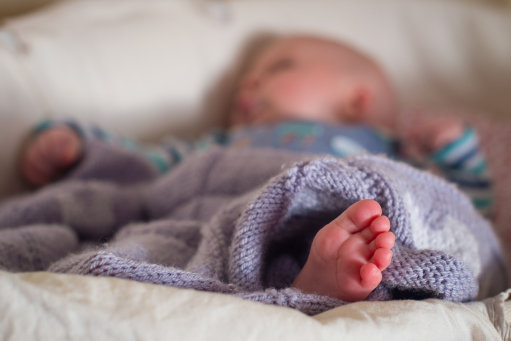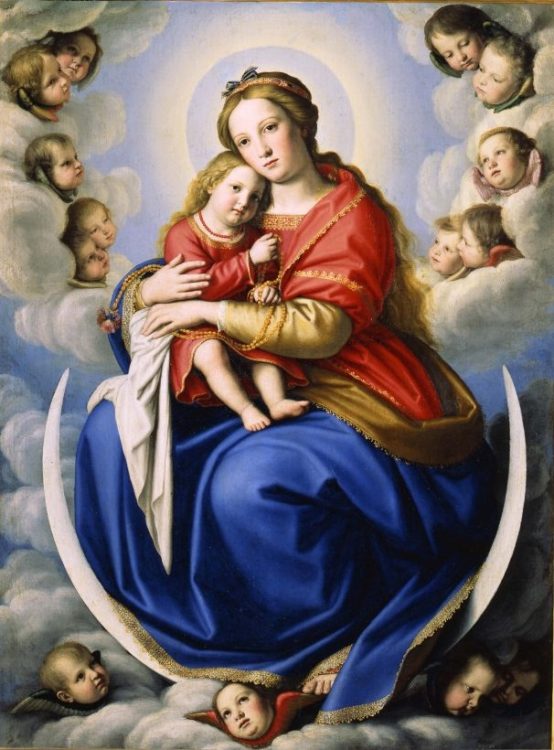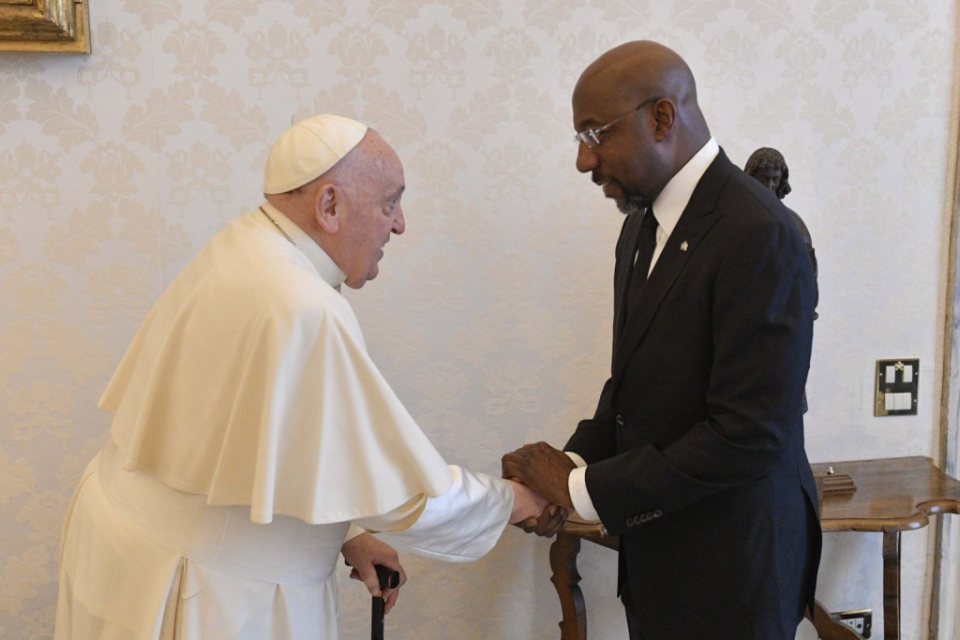Human embryos are treated as ‘objects’ that can be declared ‘less good’ and left to perish
A few years ago, I was once in conversation with a woman who had adopted six children. She explained to me that not having been able to have children herself, she and her husband had chosen adoption because they had not wanted “to get involved in the awful business of IVF.” I was very impressed by her strength of character as well as her and her husband’s refusal to bow to the gods of the age. Needless to say, they were Catholics. I suspect it is much harder to come to firm moral conclusions about IVF if you long for a baby and do not have strong religious views.
Anyone listening to the Today programme on Radio 4 recently will have heard interviews with women desperate to conceive a baby through in vitro fertilization (IVF). There have also been many newspaper articles denouncing the “unfairness” of the NHS, which is chronically strapped for cash and which apparently operates a “postcode lottery” over funding for IVF: some NHS areas allow limited help to women experiencing infertility, others have said infertility is not an illness and that they simply can’t afford to treat it any longer. Infertile women are angry and disappointed.
I make these remarks after reading an excellent CTS Explanations booklet, entitled Fertility and Infertility Treatment by Dr Pia Matthews, a senior lecturer at St Mary’s University and Wonersh seminary. She has revised and updated an earlier booklet on this subject by Agneta Sutton, published in 2003.
People hostile to the Church see its teachings on sex, contraception, marriage, IVF and so on, as typical of its killjoy approach to life. They could not be more wrong. Everything the Church teaches in the sphere of ethics and morals hinges on how it regards the status of the human person: if all human beings are made in the image and likeness of God from the first instant of conception (when, biologically, new life begins), their dignity has an intrinsic supernatural dimension.
As Dr Matthews points out, “Although the ethics of IVF is now rarely explored in public debate, IVF and other ART techniques do raise significant ethical questions [concerning] the respect that is owed to the human being, however, small, and respect for the personal act that transmits life.” She adds that “a serious concern is the loss of many embryos during IVF procedures and the fate of embryos not transferred to the woman’s body.”
When you read about what couples have to endure when agreeing to IVF and to Assisted Reproductive Technology (ART), you enter an Orwellian world. Not only is their intimate loving relationship subject to intrusive scrutiny by doctors and laboratory technicians but the embryo that might result from IVF (there is a high failure rate) is, as Dr Matthews explains, “an object” to be “checked, observed,” chosen for transfer to the woman, or declared “less good”, “spare”. Regarded thus clinically “It can be frozen, left to perish or donated to others, and if it is found to be defective it is eliminated or used in IVF training or research.”
As she concludes, “IVF proceeds as if the human embryo were simply a mass of cells to be used, tested, selected or discarded.” Where is respect for the dignity of the couple in all this, or the reverence and respect that is owed to a unique, irreplaceable human embryo? It would make a good subject to debate on The Moral Maze.
__________
Francis Phillips reviews books for the Catholic Herald.







